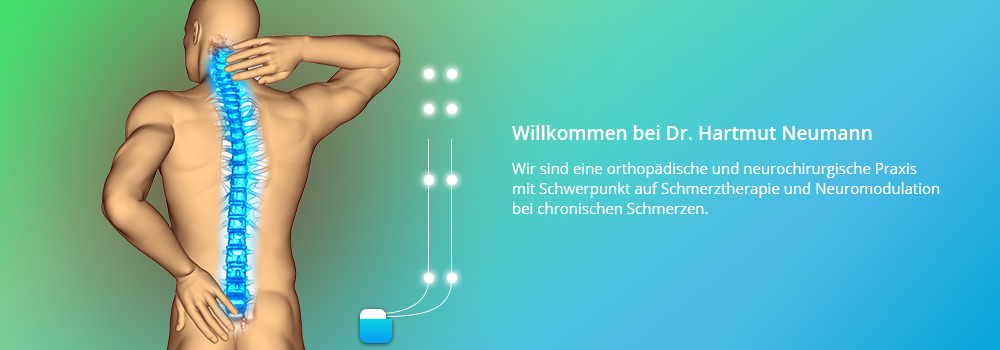Slipped discs/Disc protrusions
Slipped discs/Disc protrusions/ NPP (nucleus pulposus prolapse)/ Herniated disc The discs in our spine are a bit like slices of onion that sit between our vertebrae. They make the spine flexible and supple, and act as shock absorbers between the vertebrae. A slipped disc is a condition affecting the spine, which occurs when parts of the disc slip out into the spinal cavity – the space where the spinal cord is found. In contrast to a disc protrusion, in the case of a slipped disc (prolapse), the ring of cartilage around the disc is partially or completely torn.The damage to the disc is usually as a result of constant strain. This leads to small areas of damage on the disc, which then suddenly cause pain. Some symptoms of a slipped disc are acute, strong pains that often shoot out into the extremities (arms and legs). The pains are often accompanied by numbness in the area served by the nerve roots that are trapped. Occasionally, this also leads to paralysis-like symptoms. This means that patients may not be able to walk on tiptoe or on their heels on one leg, for example. Slipped discs can also be completely painless, however.
The number of operations carried out on slipped discs has greatly increased in the past years, even though in most cases there are good alternatives to surgery. As a consequence, it has been shown that the number of patients that experience increased pain after surgery (post-laminectomy syndrome and post-nucleotomy syndrome) has more than doubled.
In most cases (approx. 80 %), conservative treatment including physiotherapy, gentle exercise to build up muscle, heat treatments and painkillers leads to the improvement of symptoms. Nowadays, there are worldwide discussions as to whether it is even necessary to operate on slipped discs, and it is thought that over 80 percent of slipped disc operations are unnecessary and could be avoided. Around 30,000 operations on slipped discs are carried out in Germany every year. This makes operations on slipped discs the most common neurosurgical intervention. Unfortunately, more and more frequently, the metal or plastic that is introduced causes neighbouring vertebrae to stiffen, which is referred to as spondylodesis.
The authors of the largest clinical study on the subject worldwide (Spine Patient Outcome Research (SPORT)), which looked at 1,244 patients, came to the conclusion that there is no significant difference between the results of operations and of conservative, pain-management oriented non-surgical procedures such as medication, injections or physiotherapy. We would only recommend surgery if you experience numbness that spreads over both legs, in addition to a weak bladder (cauda equina syndrome).
In our practice, we carry out nerve root blocks, peripheral nerve root blocks, pain infusion treatments, mesotherapy and physical pain management therapy on a daily basis. If you are looking for an alternative to surgery on a slipped disc, we would be happy to discuss the best method for managing your pain.

